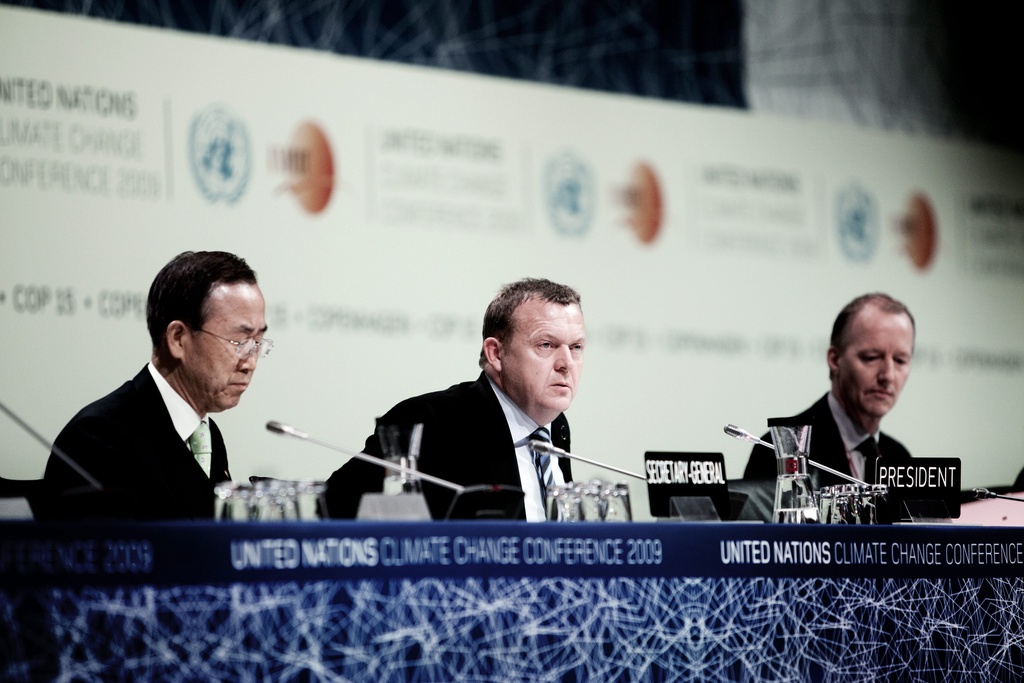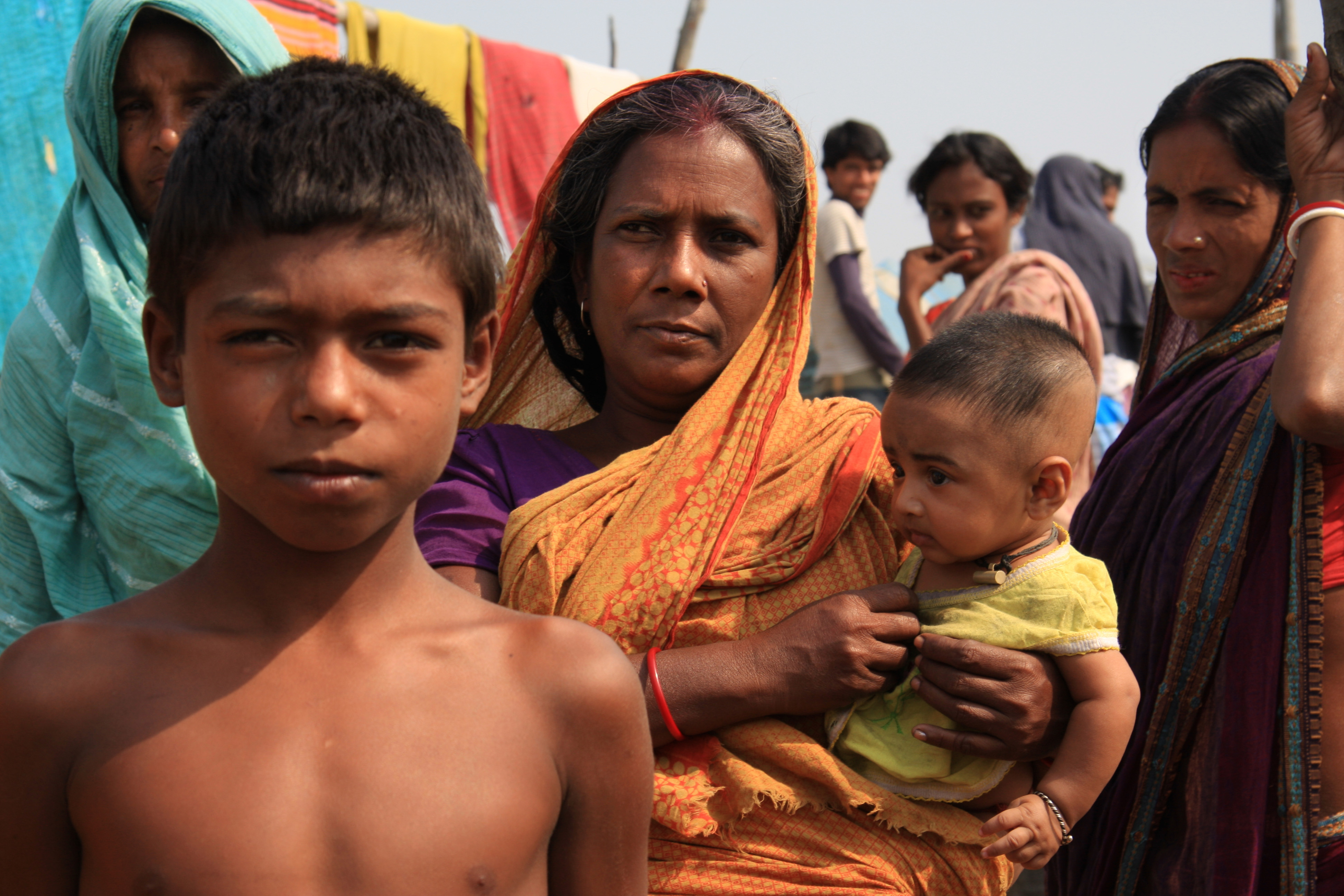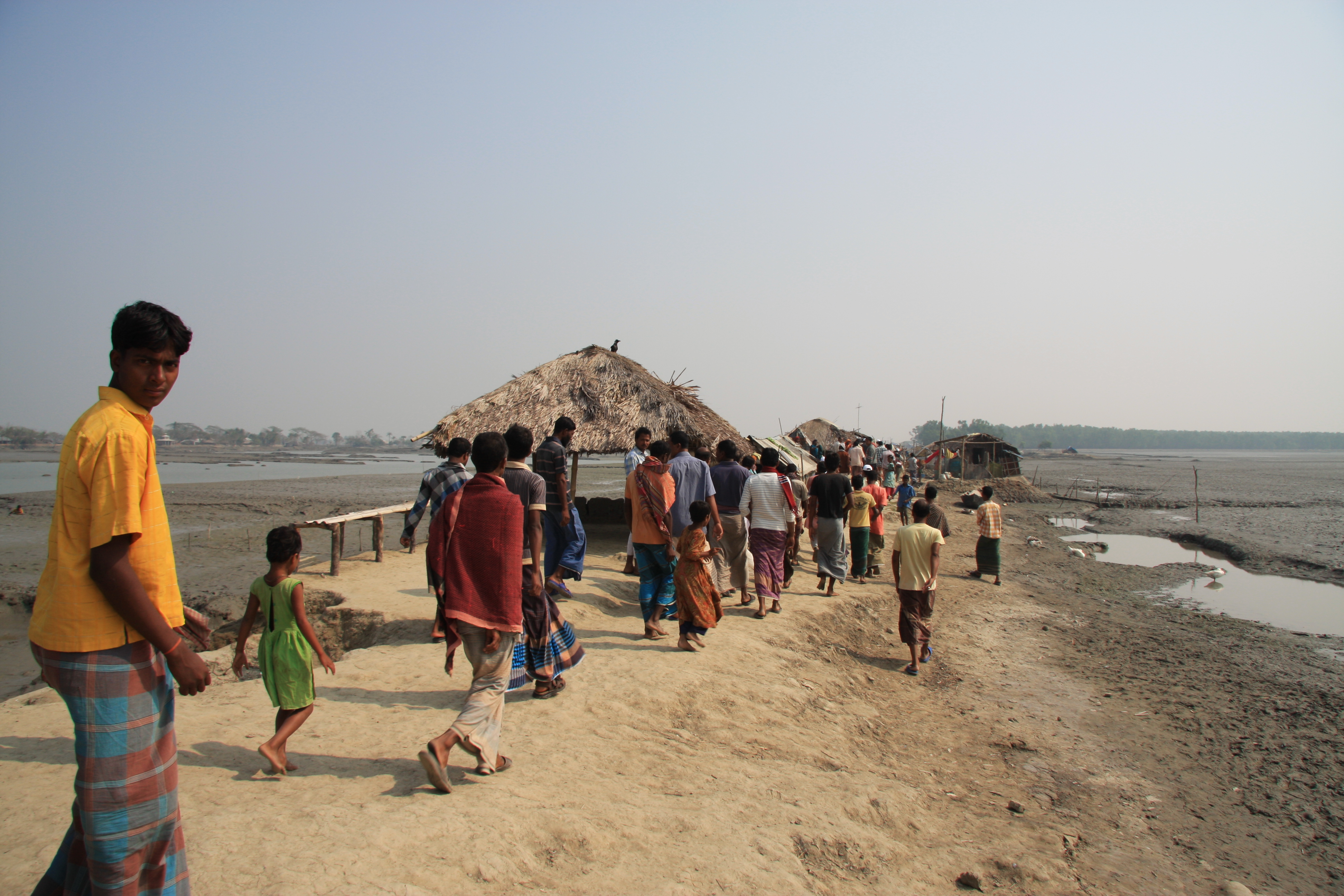Divided world “takes note” of climate pact

The United Nations climate conference barely avoided collapse on Saturday with countries noting a deal brokered by the United States and five major emerging economies.
“Finally we sealed a deal,” said UN Secretary-General Ban Ki-moon. “The Copenhagen Accord may not be everything everyone had hoped for but this decision… is an important beginning.”
The conference’s 193 participating nations will “take note” of the pact but not all will endorse it.
The result follows two years of international negotiations, a furious final two days of climate diplomacy in the Danish capital and an all-night plenary session in which a small group of nations blocked the accord, saying it lacked specific targets for reducing global emissions.
The non-binding deal, led by the United States, China, India, South Africa and Brazil, calls for “deep cuts in global emissions” and sets a target of limiting global warming to a maximum two degree Celsius rise over pre-industrial times and holds out the prospect of $100 billion (SFr104 billion) in annual aid from 2020 for developing nations.
The plan does not specify greenhouse gas cuts needed to stave off dangerous changes such as more floods, droughts, mudslides, sandstorms and rising seas.
Jose Romero, deputy head of the Swiss delegation, had called the text adopted in a Friday evening plenary session “fairly balanced”.
“It is not binding but it goes far enough in terms of voluntary commitments by states to reduce greenhouse gases, and provides a comprehensive for continued efforts,” he said. Environment Minister Moritz Leuenberger will hold a press conference on Saturday, a spokesman for the Federal Environment Office said.
Opposition
Delegates of Venezuela, Bolivia, Cuba and Nicaragua angrily denounced the agreement, saying it would not help address global warming and was unfairly worked out behind closed doors at the conference.
An all-night marathon negotiating sessions punctuated increasingly by irritable exchanges between countries.
A Sudanese delegate said the plan in Africa would be like the Holocaust by causing more deadly floods, droughts, mudslides, sandstorms and rising seas.
The document “is a solution based on the same very values, in our opinion, that channelled six million people in Europe into furnaces,” said Sudan’s Lumumba Stanislaus Di-aping.
“The reference to the Holocaust is, in this context, absolutely despicable,” said Anders Turesson, Sweden’s chief negotiator.
One Saudi delegate said it was without doubt “the worst plenary I have ever attended.”
Falling short
Many nations said the deal fell far short of UN ambitions for Copenhagen, meant as a turning point to push the world economy towards renewable energies such as hydro, solar and wind power and away from fossil fuels.
European nations were lukewarm to a deal that cut out some goals mentioned previously in draft texts, such as a target of halving world greenhouse gas emissions by 2050.
“The decision has been very difficult for me. We have done one step, we have hoped for several more,” said German Chancellor Angela Merkel. She had hoped that all nations would promise deeper cuts in emissions, mainly from burning fossil fuels, during the summit.
Before leaving, US President Barack Obama said the deal was a starting point.
“This progress did not come easily and we know this progress alone is not enough,” he said after talks with China’s Premier Wen Jiabao and leaders of India, South Africa and Brazil.
“We’ve come a long way but we have much further to go,” he said of the deal.
“The meeting has had a positive result, everyone should be happy,” said Xie Zhenhua, head of China’s climate delegation.
swissinfo.ch and agencies
Nearly 200 countries met in Copenhagen until December 19, trying to reach a global agreement to follow or extend the Kyoto Protocol, which runs out at the end of 2012.¨
The final deal does not require countries to take concrete action or set binding targets.
In the two years leading up to the conference, it was hoped Copenhagen would reduce greenhouse gas emissions so that temperatures would not rise globally by more than two degrees in comparison with the pre-industrial age.
The UN Intergovernmental Panel on Climate Change (IPCC) says industrialised countries need to reduce their emissions by 25% to 40% of their 1990 levels by 2020.
It has called on the rich nations to reduce their greenhouse gas emissions by 80% to 95% by 2050, and developing countries by 50%.
The Swiss government proposes that Switzerland should reduce its emissions by 20% of their 1990 level by 2020.
Switzerland said it was prepared to increase its target to 30%.

In compliance with the JTI standards
More: SWI swissinfo.ch certified by the Journalism Trust Initiative




You can find an overview of ongoing debates with our journalists here. Please join us!
If you want to start a conversation about a topic raised in this article or want to report factual errors, email us at english@swissinfo.ch.